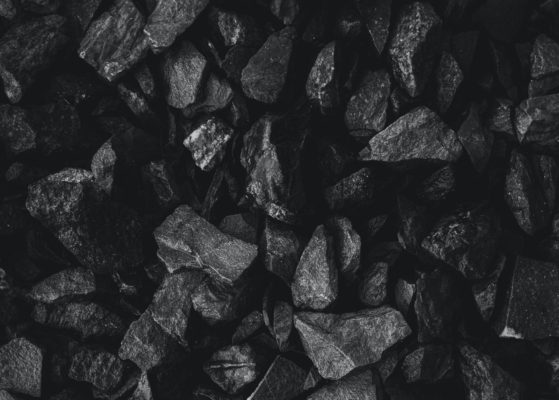Electric Vehicles are already impossible to make without coal. You can’t make steel without it, and there are only so many parts you can replace with polymers. Mining, moving, and processing copper, cobalt, building frames, and axels – it can’t be done. And now, Panasonic’s new EV battery plant has another coal-related problem.
In accordance with the Biden regime’s ongoing efforts to force all Americans into an EV, Panasonic has built a $4 billion EV battery factory in the small Kansas City exurb of De Soto.
Local media reports state that the factory will require anywhere from 200 to 250 megawatts of electricity to function. This is roughly the amount of power needed to keep the lights on in a small city.
On track to receive a whopping $6.8 billion from fake president Joe Biden’s Inflation Reduction Act, Panasonic is proving once again that in order to create “clean” energy, you have to burn a lot of “dirty” energy, rendering it a pointless endeavor.
The amount of energy the new Panasonic EV battery facility needs is so high, in fact, that a representative from Evergy, the public utility serving the factory, testified before the Kansas City Corporation Commission that there are serious “near-term challenges from a resource adequacy perspective.”
A nuclear power plant could handle that just fine, but … those aren’t allowed.
“A 15-pound lithium-ion battery holds about the same amount of energy as a pound of oil. To make that battery requires 7,000 pounds of rock and dirt to get the minerals that go into that battery,” reports Cowboy State Daily. “The average EV battery weighs around 1,000 pounds.”
“All of that mining and factory processing produces a lot more carbon dioxide emissions than a gas-powered car, so EVs have to be driven around 50,000 to 60,000 miles before there’s a net reduction in carbon dioxide emissions.”
It isn’t easy being green!
Scan the QR Code or Use the embedded form to get your tickets to Groktoberfest!

